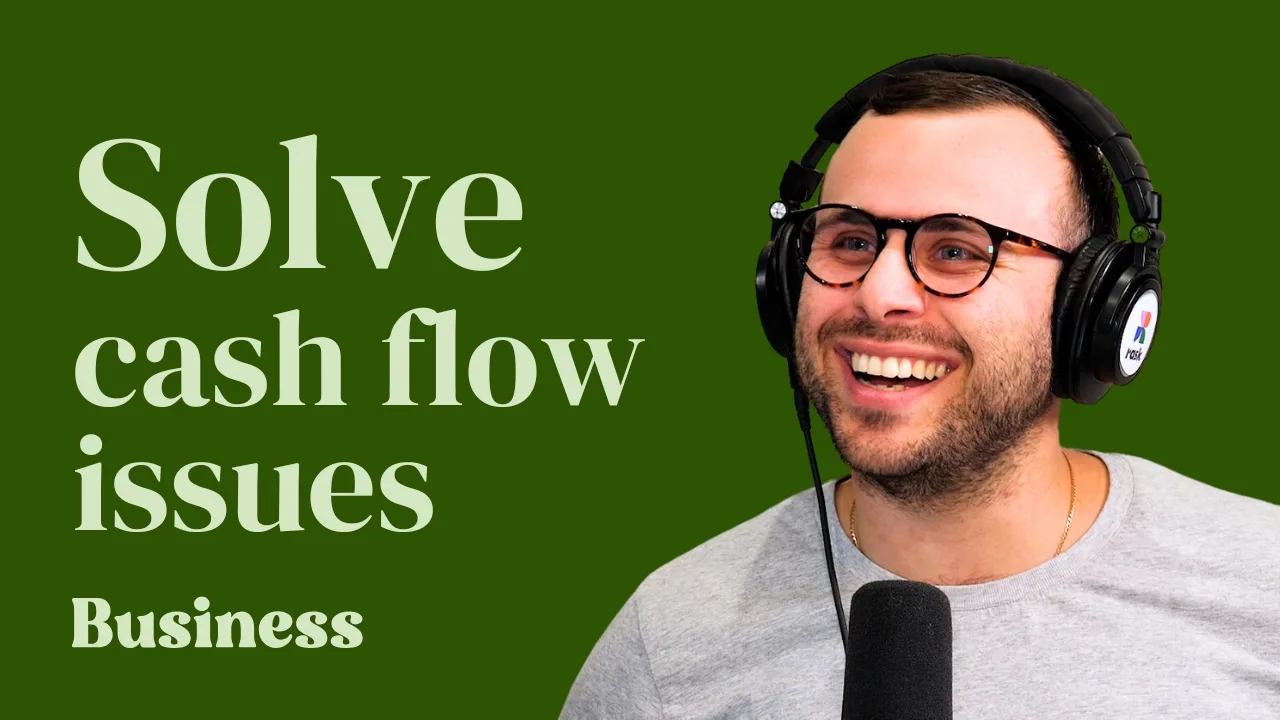Hello money wizards,
Why don’t we talk about money? … and how to start having money conversations with your loved ones.
Many of us have been taught from an early age that we shouldn’t talk about money, but I think that the taboo does much more harm than good.
We’re all thinking about money – every time we pay a bill, go to work or decide whether to take that holiday.
And we’re stressed about it, too.
The American Psychological Association’s Stress in America 2022 study found that money, inflation and the economy are significant sources of stress for the majority of surveyed adults.
The emotional strain of this is obvious, but the study also reports that stress is leading to all manner of health issues including headaches, tiredness, feeling overwhelmed and more physical complications.
Even if we’re not talking about money, it’s affecting us much more than we realise.
If the goal is to be happy, stress is going to make that difficult.
Talking openly about finances isn’t the silver bullet for money-related stress, but it helps remove the culture of fear and shame. It helps us to know we’re not alone, and we might even be able to find solutions to specific issues in the experiences of others.
So many of us are struggling in similar ways – living pay cheque to pay cheque, using BNPL or racking up credit card debt – and yet it can feel like we’re on our own.
Coming from the other direction, if we have enough to get by or we’re not struggling as much as others we know, it can also be easy to feel our problems aren’t big enough to talk about, too. But that doesn’t mean our financial stress isn’t real.
💸 Good money conversations
If you’ve always wanted to bring up a money-related topic but you just haven’t known how to kick things off, this is for you.
My suggestion is to start small.
Don’t jump straight into the deep end by talking about how much money you have in your investment accounts and what you get paid.
If you do, chances are at least one person in the conversation is going to feel uncomfortable, possibly two by the time it’s over, and I really want you to both have a positive experience.
Instead, opt for something lighter and simpler.
Everyone loves to talk about their savings goals, whether it’s a new phone or a trip to Disneyland, and their best money-saving hacks. It’s a fun and less intimidating introduction to those sticky money conversations and shows the other person that you’re happy to have these discussions – without scaring them off.
Of course, if they tell you they love investing and openly discuss their money goals with you, that’s probably a good sign you can skip the small talk and jump straight into the big money conversations.
🧠 Keeping an open mind
Remember, not everyone will learn, value or talk about money the way you do – and that’s okay!
It’s worth keeping in mind that not everyone wants to have the same kind of conversations around money, and we all relate to it in different ways.
We don’t start our money journey from exactly the same point, and you just don’t know if someone has had to work their way out of debt or if they’ve had a head start (unless they tell you, that is).
Here are some key points to keep in mind:
- People want to learn about money in different ways.
- People relate to money in different ways.
- People talk about money in different ways.
- People do different things with their money.
You get my point.
It might not make logical sense to you, but that’s okay. We’re all different, and we all have different values and priorities.
These conversations work a lot better when they come from a place of compassion and curiosity than they do when we bring along judgement or assume the other person needs our advice.
✅ How do you approach money conversations?
I want to hear from you! I’m hoping to share a whole range of different tips & ideas for having money conversations on The Australian Finance Podcast soon, so send them our way @raskaustralia on Instagram.
📚 Want to keep exploring these ideas?
My very first book, Buying Happiness, has just come out. This is the perfect way to think more deeply about how you can start having better conversations about money with the loved ones in your life.
You can grab a copy of my book, Buying Happiness, on Booktopia* or Amazon today!
Cheers to our financial futures,
* Please note: I will receive a small payment if you use my Booktopia affiliate link to place your preorder.







